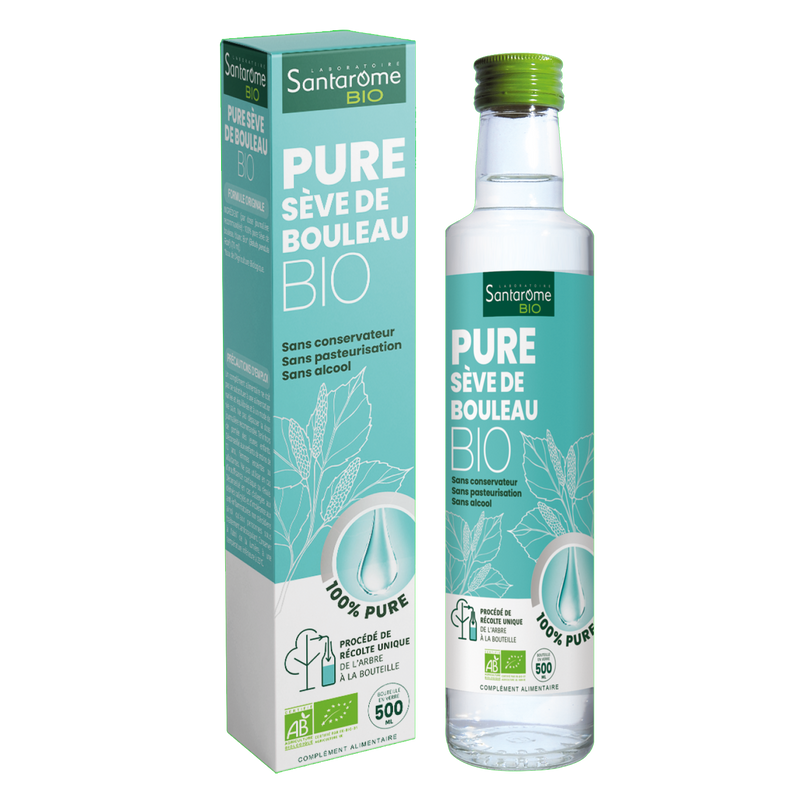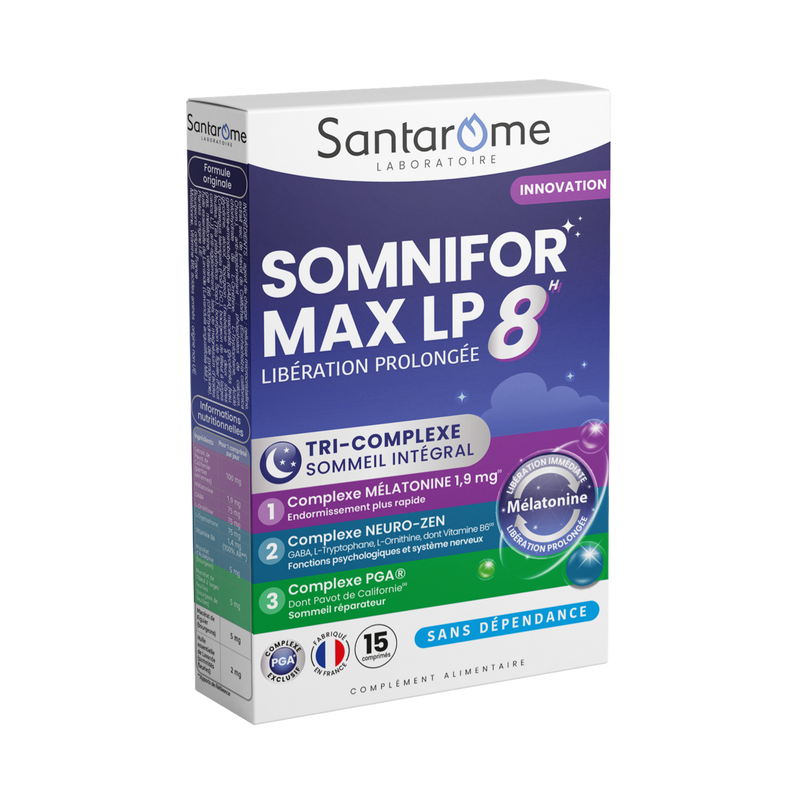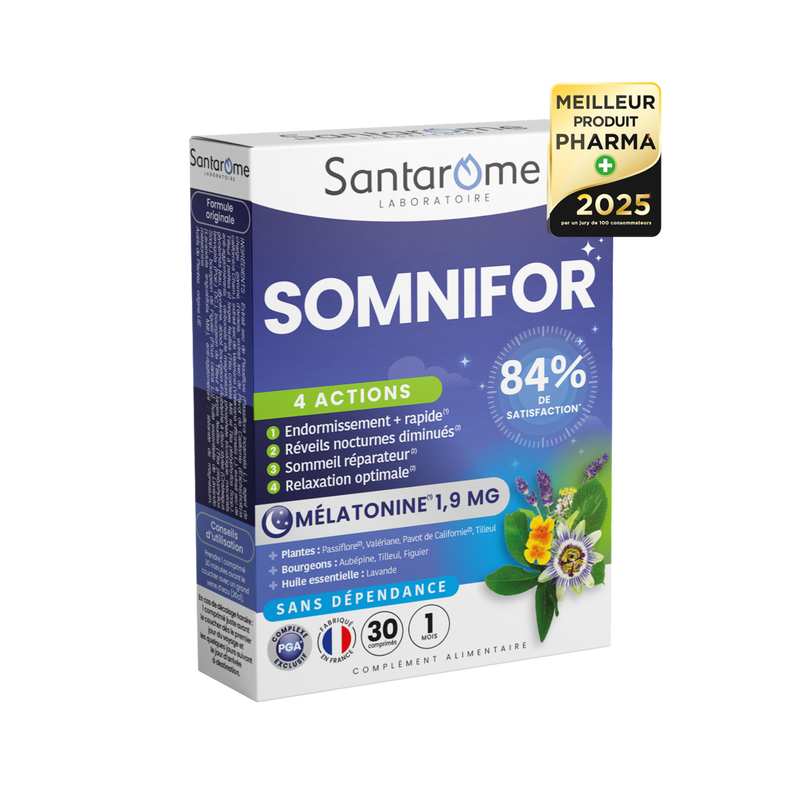Lavender can be used in many ways depending on your needs: applied topically, diffused, as an infusion, or as a dietary supplement. Here are the main ways it can be used.
Essential oil
True lavender essential oil is the most widely used. When diffused in the bedroom or used in massage (diluted in vegetable oil), it calms the mind and promotes sleep.
For internal use, it should be taken with caution and preferably in the form of measured capsules. Never use on children under 3 years of age or pregnant women.
Dietary supplements
Lavender-based dietary supplements concentrate active ingredients in capsule, spray, or gummy form. They are very convenient for relieving stress or restoring natural sleep patterns. Discover our organic plant-baseddietary supplements forstressandsleep.
Infusions, hydrosols, and decoctions
Lavender flower tea relieves tension and aids digestion. It is ideal after meals or in the evening.
Here is a simple tip for enjoying the benefits of lavender in the form of herbal tea:
- Bring the water to a boil.
- Add 1 teaspoon of dried lavender flowers (or 1 ready-to-use sachet).
- Steep for 5 to 10 minutes, then strain the mixture.
- Drink 1 to 2 cups per day, ideally in the evening for a relaxing effect.
You can sweeten it with a little lavender honey to enhance the soothing and aromatic effect.
Lavender hydrosol, which is milder than essential oil, can be drunk or used on the skin as a soothing tonic lotion.
Oily macerate
Lavender macerate is obtained by infusing the flowers in a vegetable oil (such as jojoba or sweet almond). It can be applied to the skin to soothe irritation, sunburn, or muscle tension.





















